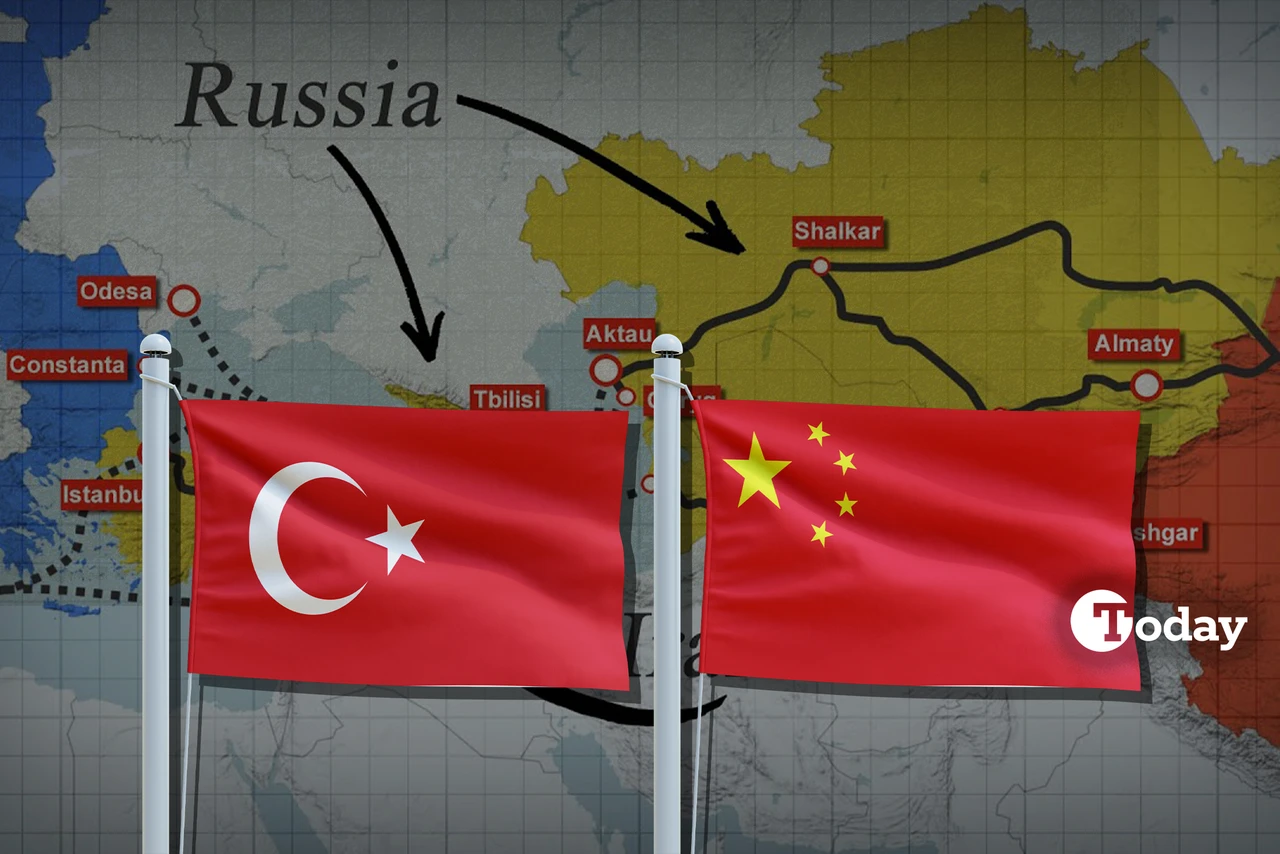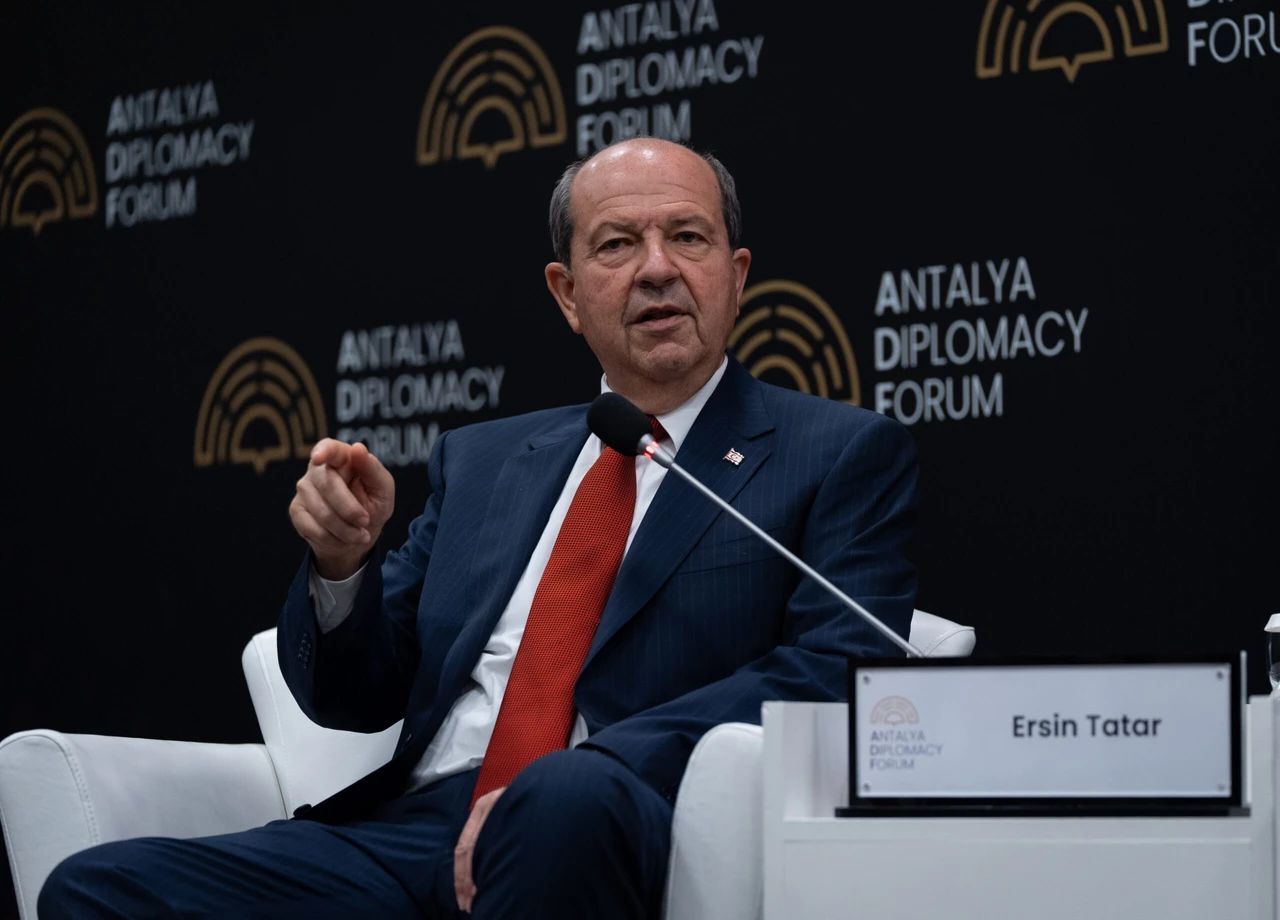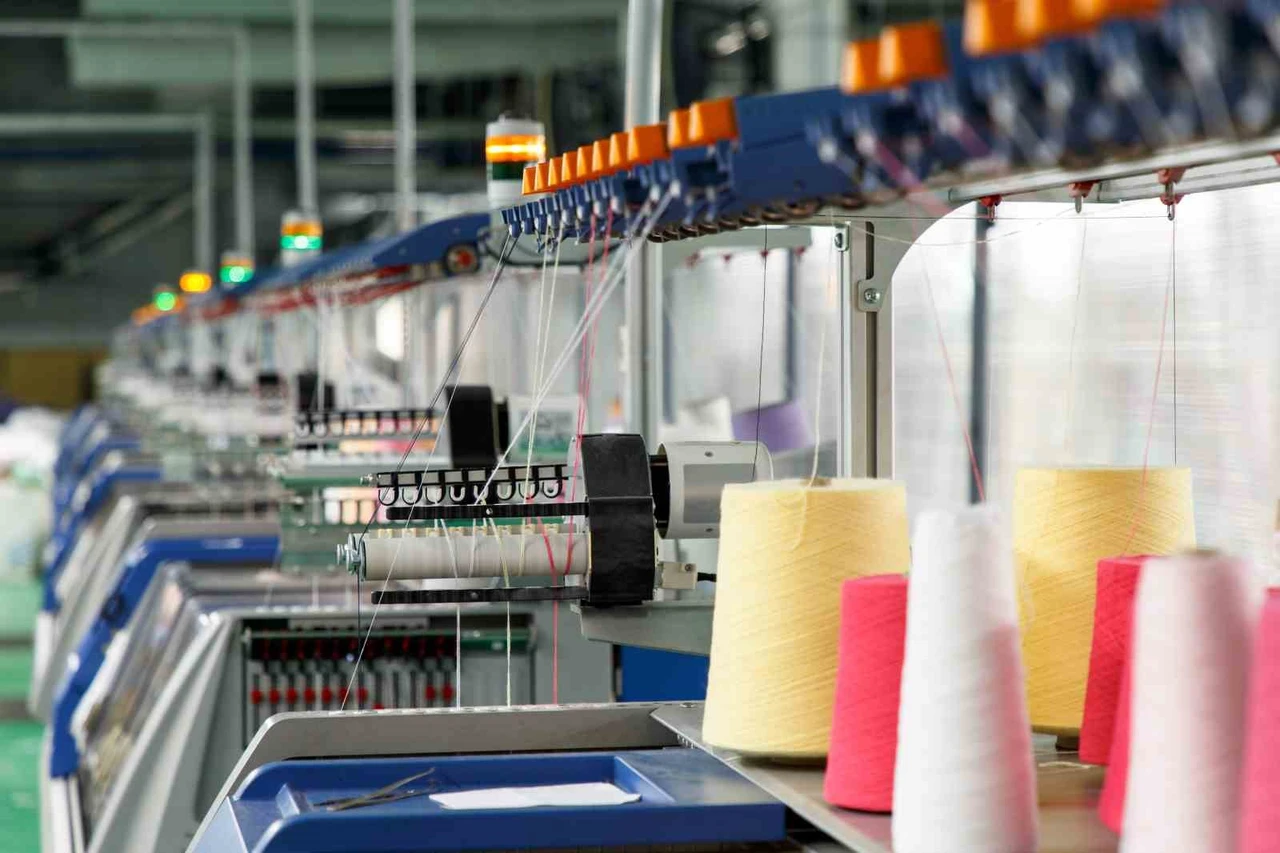Turkish Aselsan proposes MEKO 360 frigate modernization to Argentine Navy
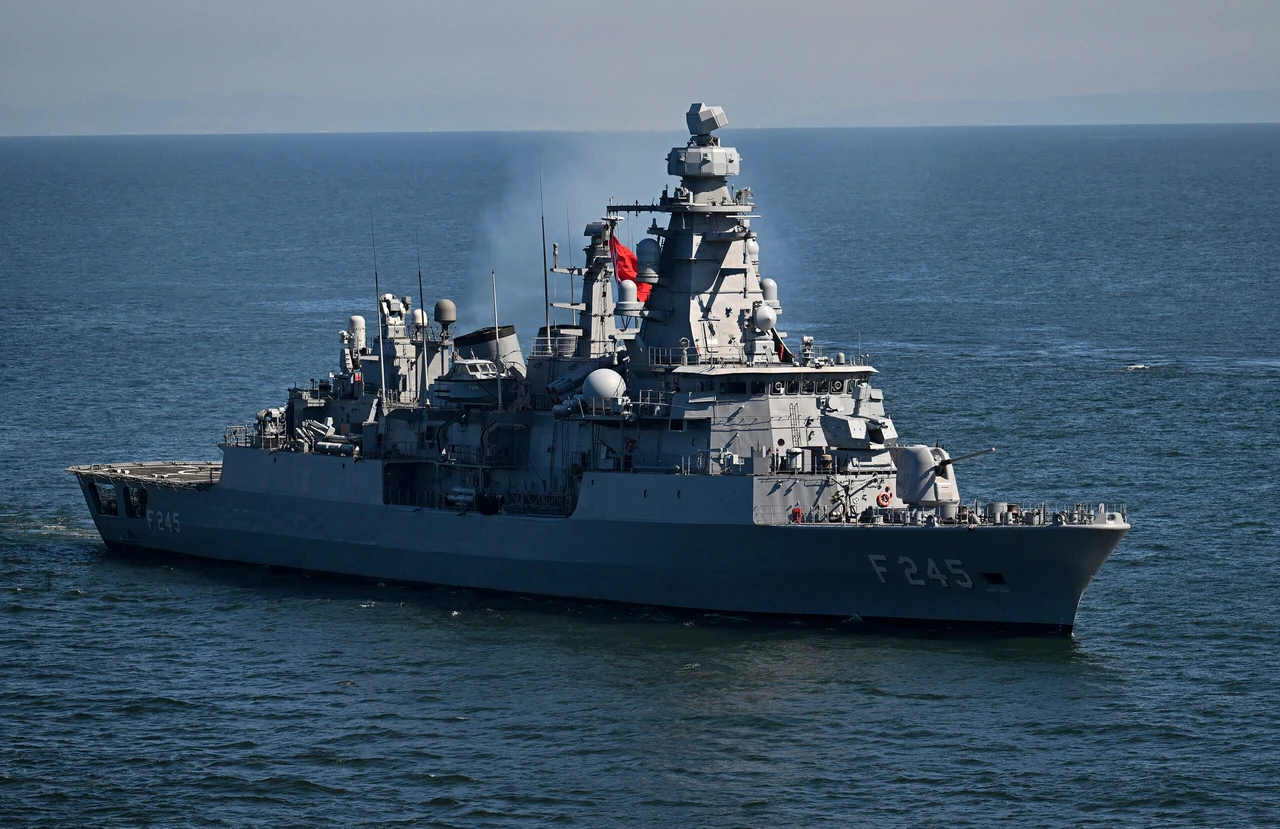 Turkish Navy's TCG Orucreis (F-245) sails at the NATO's largest annual maritime drill, Exercise Dynamic Mariner / Flotex 25, continues in the Gulf of Cadiz off southern Spain on March 28, 2025. (AA Photo)
Turkish Navy's TCG Orucreis (F-245) sails at the NATO's largest annual maritime drill, Exercise Dynamic Mariner / Flotex 25, continues in the Gulf of Cadiz off southern Spain on March 28, 2025. (AA Photo)
Turkish defense electronics company Aselsan has formally offered a comprehensive modernization package for the Argentine Navy’s MEKO 360-class frigates, drawing on its ongoing upgrade work on MEKO 200-class ships for the Turkish Navy.
In an exclusive interview with Pucará Defensa, Aselsan CEO Ahmet Akyol outlined the technical and economic advantages of the proposal, which is modeled on the Turkish Navy’s ongoing mid-life upgrade of MEKO 200-class frigates.
Akyol noted that the first two vessels in the Turkish program have already been completed and that the project remains ongoing.
Akyol explained that Aselsan has already successfully completed the modernization of two MEKO 200-class frigates for the Turkish Navy, with similar upgrades ongoing. “As for the modernization of the Argentine frigates, we have the same type of warship in Türkiye, and we are modernizing them. We have completed the modernization of the first two ships, and this is an ongoing program,” Akyol said.
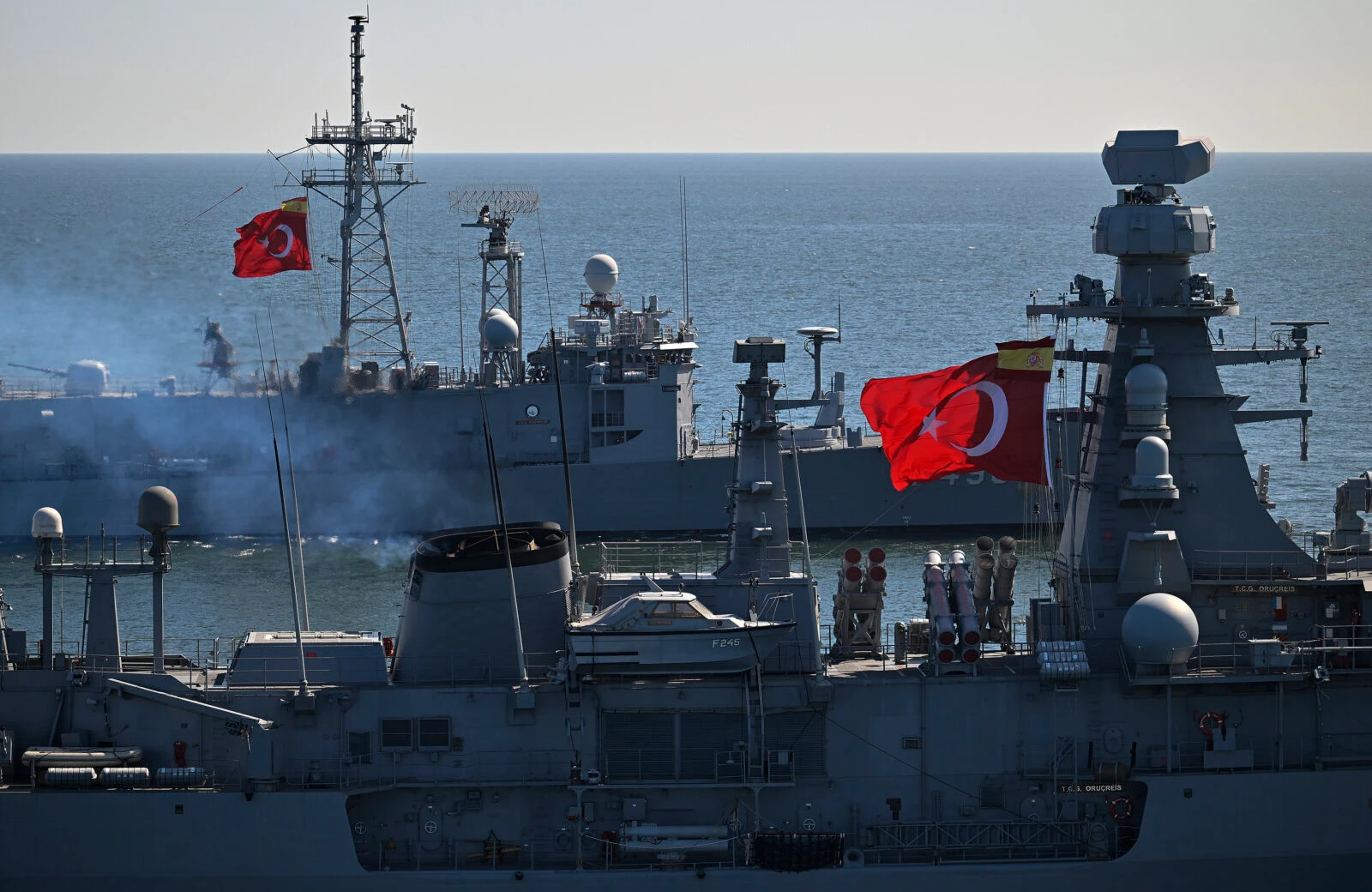
Cost-effective modernization over new ship construction
Akyol stressed that modernizing existing vessels is a more economical option compared to building new warships. “Modernization, first and foremost, is a more cost-effective way to own a warship without having to build a new one. Therefore, when comparing the construction of a new ship with modernization, Aselsan offers a very cost-effective solution. This is why the Turkish Navy has chosen this option,” he explained.
The proposed modernization package for Argentina includes long-range radars, ISR (intelligence, surveillance, reconnaissance) systems, sonar, electronic warfare systems, and a modernized combat management system.
These upgrades will enhance the operational flexibility and overall quality of the frigates, according to Aselsan.

Aselsan’s broad portfolio of naval systems
Aselsan has a diverse portfolio with over 500 products, including more than 50 different systems in the maritime domain. These range from electronic warfare to radar, electro-optical systems, air defense, communication solutions, and all other components found in naval platforms.
“We have approximately 50 different systems, including electronic warfare, radars, electro-optic systems, air defense systems, communication solutions, and all other electronic components on ships or submarines or in armed systems,” Akyol said.
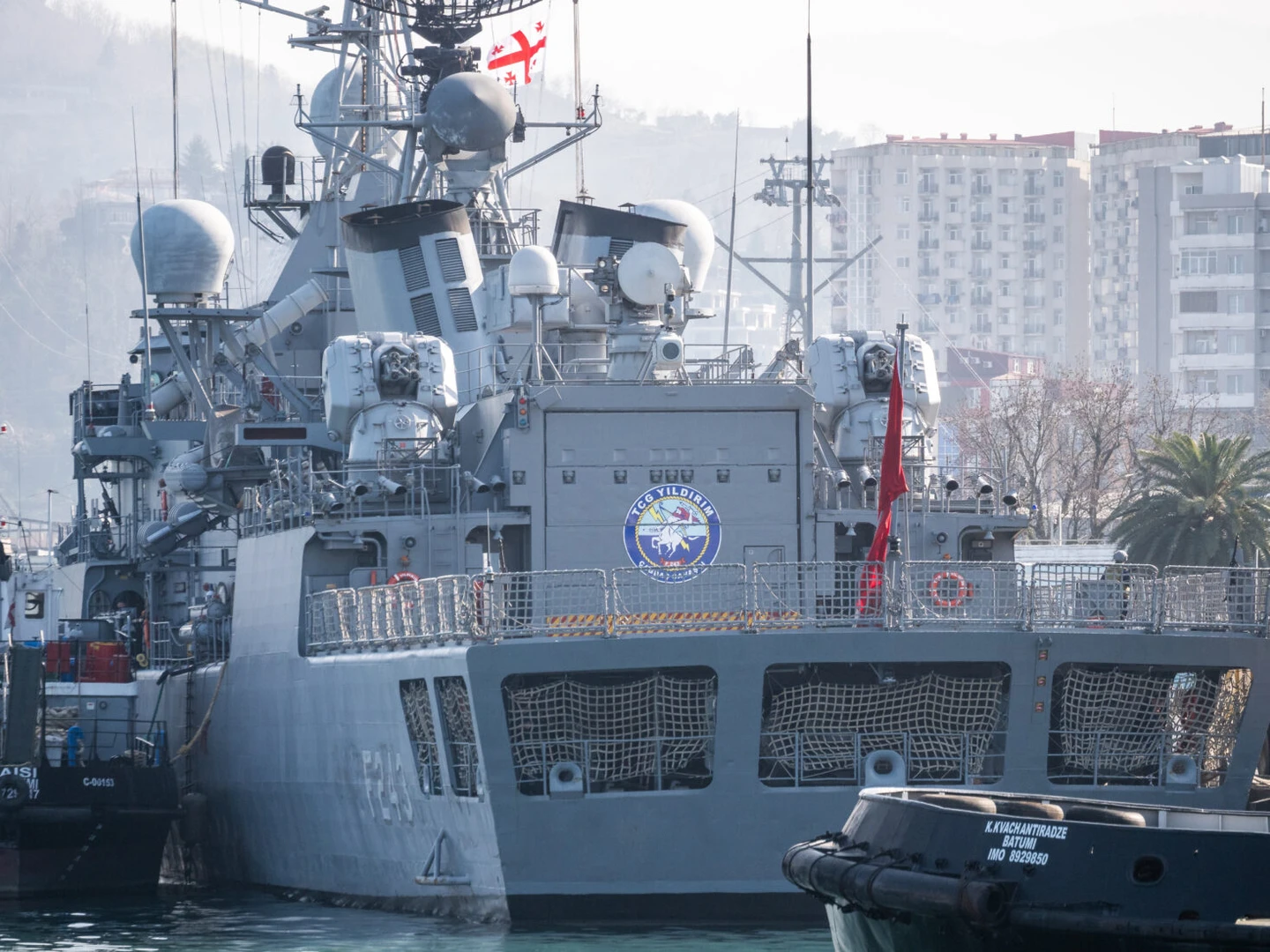
Aselsan’s commitment to local industry cooperation in Argentina
Akyol also discussed Aselsan’s vision for collaboration with local Argentine companies and shipyards. “Argentina has shipyards, and we are not a shipyard; we are an electronic warfare company. Therefore, our main vision is to do something with local companies,” he said.
Akyol noted Aselsan is prepared to offer some technical capabilities to local companies, potentially including shipyards operated by the Argentine government.
Flexible modernization options for various MEKO classes
In addition to MEKO 360, Aselsan’s proposal is also adaptable to other MEKO-class frigates, including the MEKO 140 and MEKO 200. “We have the modernization capability, so whether it’s MEKO 140, 200, or 360, it doesn’t matter. We have done this in Türkiye and many other countries, so we have all the sensors, weapon systems, electronics, and deployment capabilities,” Akyol stated.
Aselsan’s expansion in Latin America
Aselsan is actively seeking to increase its presence in Latin America, with ongoing or planned projects in Argentina, Brazil, and other countries.
“Latin America, like Western Europe and Western Asia, is one of the key regions for Aselsan to expand our presence, capabilities, and partnerships, and we are open to collaboration with local companies,” Akyol added.
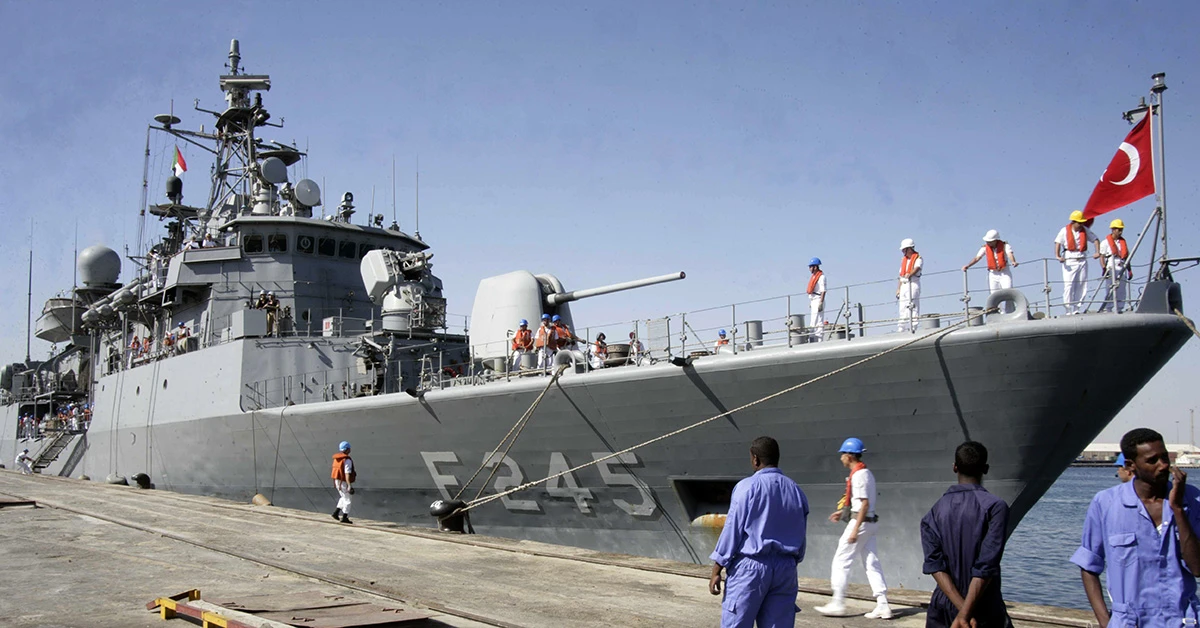
Proven experience: Barbaros-class modernization in Türkiye
Akyol highlighted Aselsan’s proven track record, citing the successful mid-life upgrade of Türkiye’s Barbaros-class (MEKO 200) frigates. The company upgraded 21 onboard systems, including radar, electronic warfare, communication systems, and sonar.
Akyol emphasized that Aselsan’s experience with these upgrades provides the company with the capability to offer similar modernization solutions for Argentina’s naval assets.
Aselsan, which was established in 1975, is marking its 50th anniversary with over 12,000 employees, with an average workforce age of 33.
Akyol pointed out that Aselsan’s youthful and dynamic team contributes to the company’s rapid growth and innovation.
“We have 12,000 employees, but the average age is 33. What does this mean? We have promises. We are one of the largest companies in Europe and the largest in Türkiye, but the advantage is that we are a very promising, experienced young generation,” he said.
